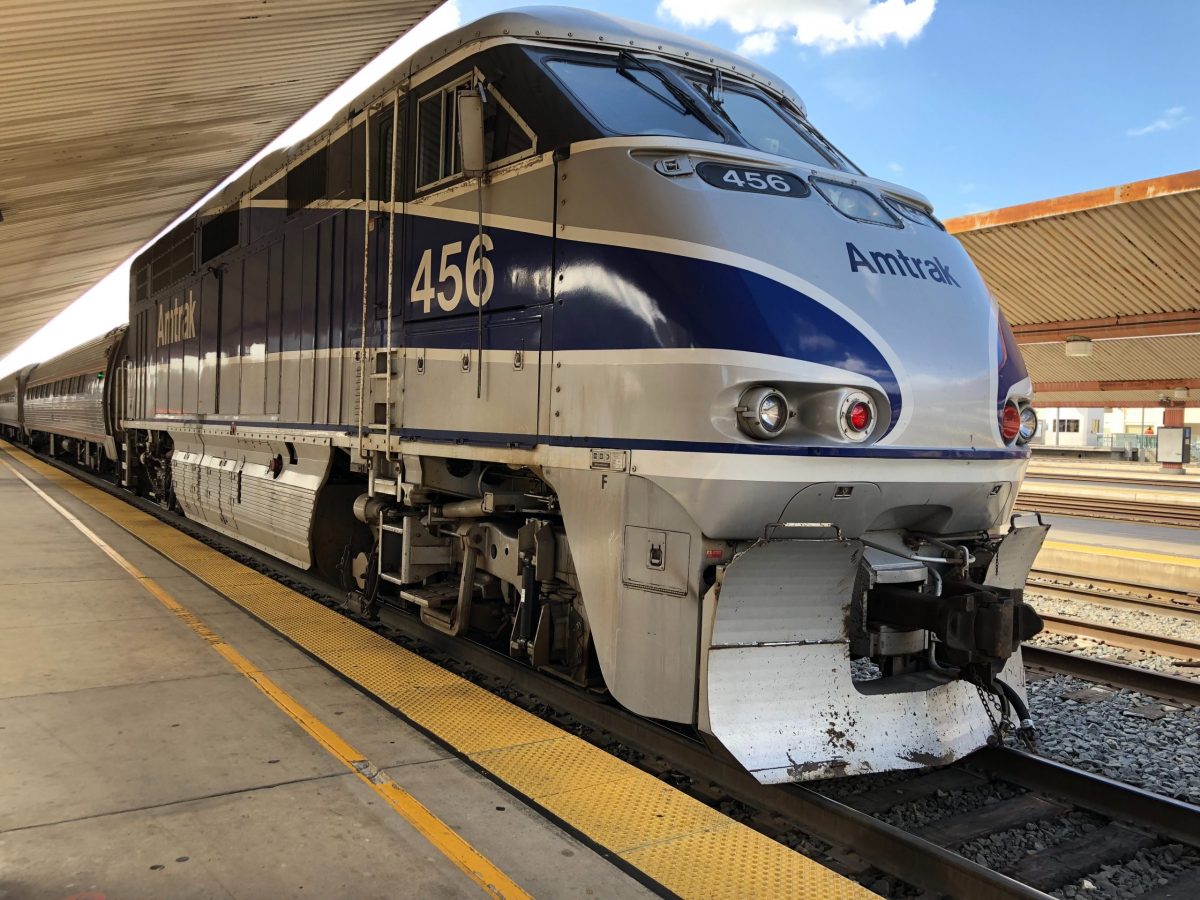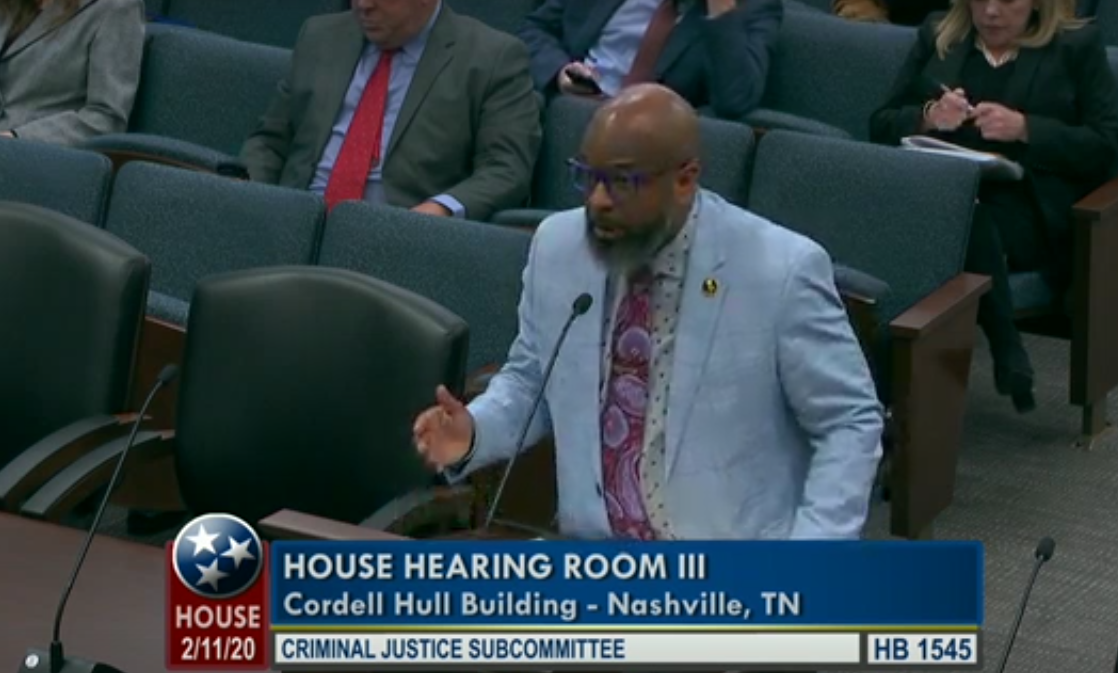Passenger-rail planning in Tennessee surfaced briefly this week in a Congressional hearing with Amtrak CEO Stephen Gardner with a bit of recent news regarding Memphis.
In a previous story, the Flyer described efforts underway by a state group to deliver a passenger-rail plan to legislators and other state officials next month. The Tennessee Advisory Commission on Intergovernmental Relations (TACIR) has been working on a rail plan since 2022, when the Tennessee General Assembly passed a bill requesting one.
While TACIR works to meet the July deadline, several Tennessee cities filed an application with the Federal Railroad Administration (FRA) for grant money to help them begin to plan for a possible rail route for passengers.
In March, Chattanooga Mayor Tim Kelly announced that his city had teamed up with Atlanta, Nashville, and Memphis in the submission that could draw $500,000 in planning funds for a route that would connect those cities.
“It’s time to bring the Choo Choo back to Chattanooga!” Kelly tweeted at the time.
That application surfaced in a hearing this week of the U.S. House Transportation and Infrastructure Committee. Rep. Steve Cohen (D-Memphis) asked Amtrak’s Gardner about passenger rail movement in the state.
“The state has submitted a corridor identification application to the [FRA] for service from Memphis east to Nashville, onto Chattanooga and to Atlanta,” Gardner said. “That’s a very interesting corridor, one that holds a lot of promise.”
Gardner said the application is a “first critical step” in the passenger-rail-planning process. If nothing else, it simply gets the state and the cities into the federal system, to stand in line and be ready for funds when they become available.
Cohen said a rail line between Nashville and Memphis is more important now that Ford Motor Co. is building BlueOval City in Haywood County, just a few miles east of Memphis between the city and Nashville.
Also, Cohen said the “area’s not served by air transportation, commercial air.” No direct flights exist from Memphis International Airport to Nashville International Airport. Spirit Airlines will get you there with an 11-hour layover in Orlando (for $211), according to a search at Kayak. Delta Airlines will deliver Memphians to Nashville in just over three hours with a stop in Atlanta for $359, also according to Kayak.
Bus service from Memphis to Nashville has been around awhile, offered by many different companies. A one-way Greyhound ticket costs $42 (on a recent search) and takes about three hours and 45 minutes. FlixBus and Megabus run the route, too. BizBus began offering the route last month in a service that promised comfortable seating, Wi-Fi, and an onboard attendant for about $50.
“I have heard a great amount of support [for passenger rail] in Memphis and Nashville,” Cohen said during Tuesday’s hearing. “People in Memphis want to go to Nashville, the state capital, for all kinds of reasons. And people in Nashville have even more reasons to leave and come to Memphis. So, there’s this great synergy of energy there.”
One recent commenter on the Memphis subreddit spelled their desire for a Memphis-Nashville connector pretty plainly.
“As someone who recently had to drive to Nashville with a massive case of diarrhea, I would’ve LOVED a mode of travel that had its own bathroom,” u/newcv wrote in the most upvoted comment about the issue.
While state officials await TACIR’s report, they have signaled their support to the feds of passenger rail in Tennessee. Howard “Butch” Eley, commissioner of the Tennessee Department of Transportation (TDOT), has given that support in two letters to the FRA.
“Addressing growing transportation congestion in Tennessee’s major urban areas and along major commuting and commerce routes throughout our state is of paramount importance to [TDOT] as we work to meet the state’s growth, prosperity, and mobility needs,” Eley wrote to the FRA in March. “We believe Tennessee is an important state in the national discussion of long-distance passenger rail service.
“Between 2010 and 2020, Tennessee grew by nearly 600,000 people and our state continues to be a leader in job growth and economic development. Tennessee is also a major tourist destination and visitors to our state come to all parts of our state to experience our rich culture of music and entertainment as well as our natural and scenic beauty.”


